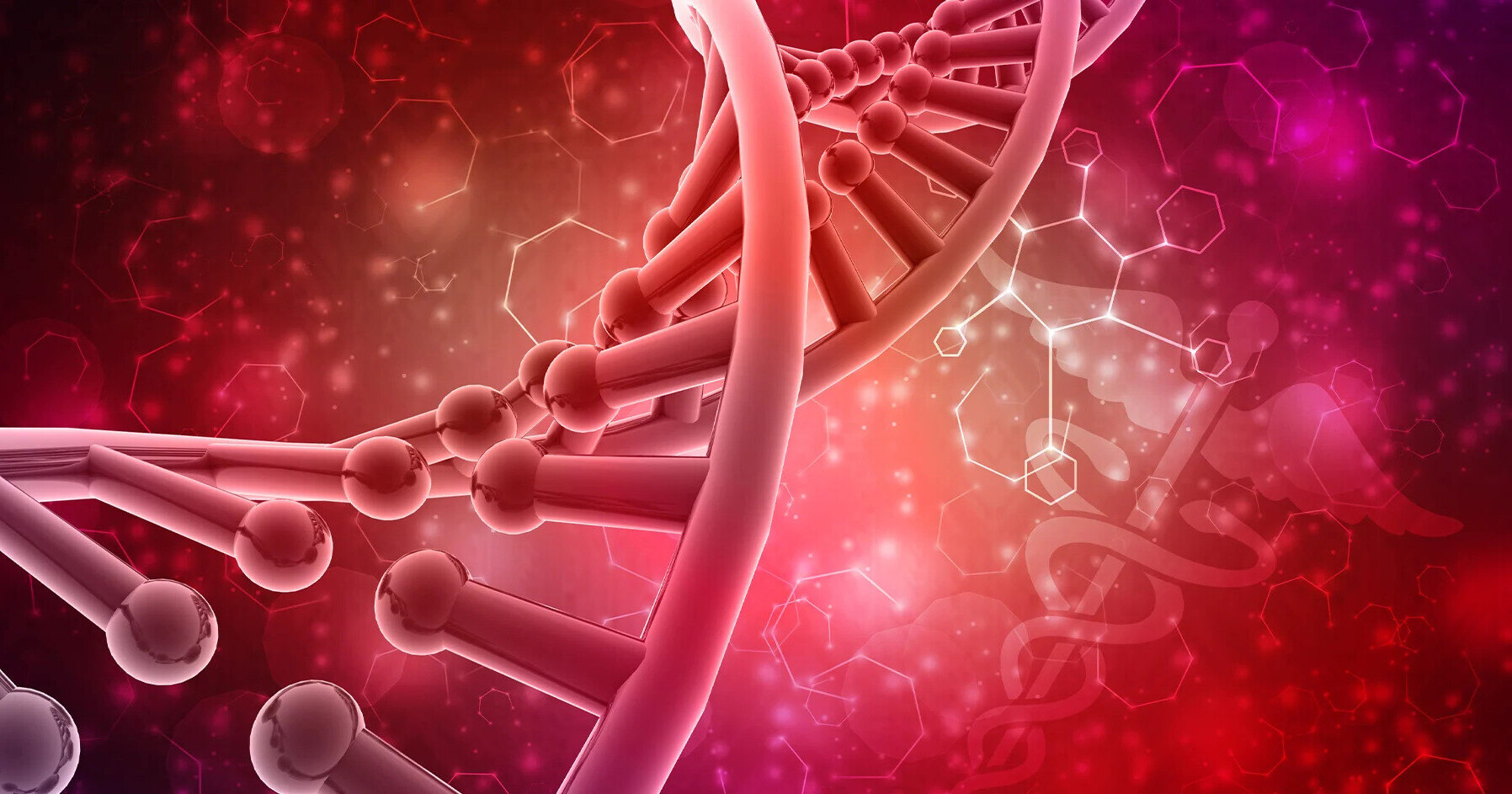
Gonadotropin-Releasing Hormone Insensitivity is a rare condition that affects the body's ability to respond to a hormone crucial for reproductive health. This hormone, known as GnRH, plays a key role in signaling the release of other hormones necessary for puberty and fertility. When the body doesn't respond to GnRH, it can lead to delayed or absent puberty and infertility. Understanding this condition can help those affected manage their symptoms better. In this blog post, we'll share 20 facts about Gonadotropin-Releasing Hormone Insensitivity to shed light on its causes, symptoms, and potential treatments. Whether you're a patient, caregiver, or just curious, these facts will provide valuable insights into this complex condition.
What is Gonadotropin-Releasing Hormone Insensitivity?
Gonadotropin-Releasing Hormone (GnRH) Insensitivity is a rare condition affecting the body's ability to respond to GnRH, a hormone crucial for reproductive health. This condition can lead to various reproductive issues and is often diagnosed through genetic testing.
-
GnRH Role: GnRH is produced in the hypothalamus and stimulates the pituitary gland to release other hormones like LH and FSH, which are essential for reproductive function.
-
Genetic Mutation: The condition is often caused by mutations in the GnRH receptor gene, leading to insensitivity.
-
Symptoms in Males: Males with this condition may experience delayed puberty, lack of secondary sexual characteristics, and infertility.
-
Symptoms in Females: Females may have delayed puberty, irregular menstrual cycles, or amenorrhea (absence of menstruation).
-
Diagnosis: Genetic testing can confirm the presence of mutations in the GnRH receptor gene.
How Does GnRH Insensitivity Affect the Body?
Understanding the impact of GnRH insensitivity on the body helps in managing and treating the condition effectively. Here are some key effects:
-
Hormonal Imbalance: The body fails to produce adequate levels of LH and FSH, leading to hormonal imbalances.
-
Infertility: Both males and females with GnRH insensitivity often face infertility due to disrupted reproductive hormone levels.
-
Bone Health: Hormonal imbalances can affect bone density, increasing the risk of osteoporosis.
-
Growth Issues: Delayed puberty can result in growth issues, affecting overall physical development.
-
Psychological Impact: The condition can lead to psychological stress due to delayed puberty and infertility.
Treatment Options for GnRH Insensitivity
While there is no cure for GnRH insensitivity, various treatments can help manage the symptoms and improve quality of life.
-
Hormone Replacement Therapy: Administering synthetic hormones can help manage symptoms and promote secondary sexual characteristics.
-
Fertility Treatments: Assisted reproductive technologies like IVF can help individuals with GnRH insensitivity achieve pregnancy.
-
Bone Health Management: Calcium and vitamin D supplements, along with weight-bearing exercises, can help maintain bone density.
-
Psychological Support: Counseling and support groups can help individuals cope with the psychological impact of the condition.
Research and Future Directions
Ongoing research aims to better understand GnRH insensitivity and develop more effective treatments.
-
Gene Therapy: Scientists are exploring gene therapy as a potential treatment to correct the genetic mutations causing GnRH insensitivity.
-
New Medications: Research is underway to develop new medications that can better mimic the effects of GnRH.
-
Early Diagnosis: Advances in genetic testing may allow for earlier diagnosis and intervention, improving outcomes.
-
Patient Registries: Establishing patient registries can help researchers gather more data and improve understanding of the condition.
-
Public Awareness: Increasing public awareness about GnRH insensitivity can lead to earlier diagnosis and better support for affected individuals.
-
Collaborative Research: International collaboration among researchers can accelerate the development of new treatments and improve patient care.
Final Thoughts on GnRH Insensitivity
GnRH insensitivity, though rare, plays a crucial role in understanding human reproductive health. This condition, stemming from mutations in the GnRH receptor, leads to a cascade of hormonal imbalances affecting puberty and fertility. Early diagnosis and treatment can significantly improve quality of life for those affected. Hormone replacement therapy often becomes a lifeline, helping manage symptoms and promote normal development.
Research continues to uncover more about this condition, offering hope for better treatments and possibly even prevention in the future. Awareness and education about GnRH insensitivity are vital for early intervention and support. By staying informed, individuals and healthcare providers can work together to navigate the challenges posed by this condition. Remember, knowledge is power, and understanding these facts can make a significant difference in managing and living with GnRH insensitivity.
Was this page helpful?
Our commitment to delivering trustworthy and engaging content is at the heart of what we do. Each fact on our site is contributed by real users like you, bringing a wealth of diverse insights and information. To ensure the highest standards of accuracy and reliability, our dedicated editors meticulously review each submission. This process guarantees that the facts we share are not only fascinating but also credible. Trust in our commitment to quality and authenticity as you explore and learn with us.


